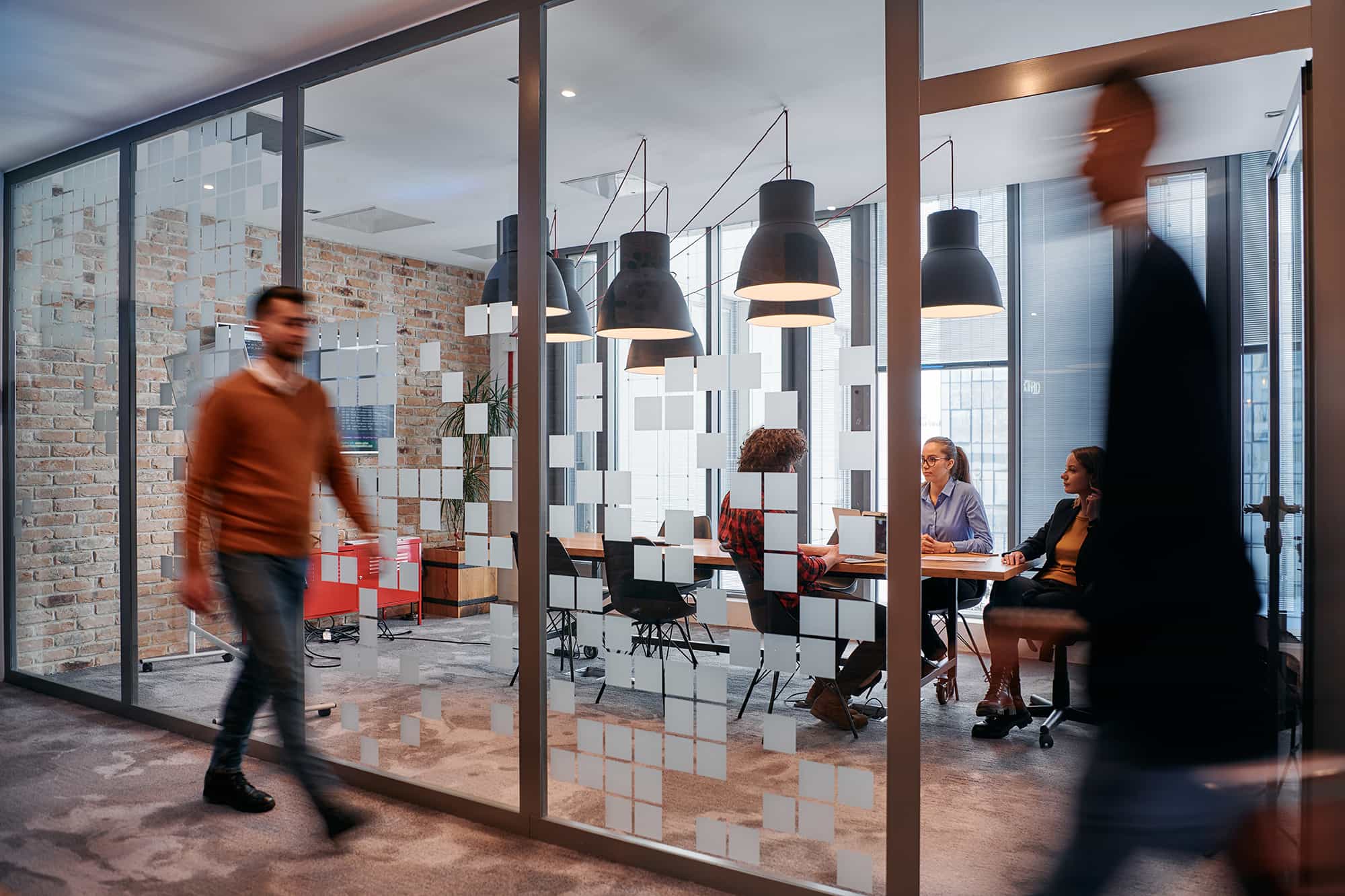The workplace landscape in banking is evolving rapidly, driven by the growing shift toward hybrid work models. As businesses seek to adapt to new demands for flexibility and operational efficiency, the need for intelligent space management has never been more critical. In this transformation, data-driven solutions are emerging as key to successfully balancing the needs of employees with the requirements of the business.
The Evolving Role of Workspace Management
In the wake of remote work becoming a permanent fixture in the workplace, managing physical office spaces has evolved from a matter of simply maximizing space usage to ensuring that every square foot serves a strategic purpose. This is particularly true in financial services, where the demands for collaboration, client-facing interactions, and secure workspaces are at odds with the desire for flexible, efficient office layouts. Financial institutions must find ways to maintain operational excellence while accommodating the preferences of an increasingly mobile workforce.
Hybrid work, in which employees split their time between the office and remote settings, introduces challenges like managing shared spaces—conference rooms, meeting areas, and collaboration zones—effectively. To tackle these issues, financial services firms need sophisticated tools that provide visibility into how spaces are used, empower data-driven decisions, and optimize office space based on real-time demand. The goal is to strike the right balance between flexible work arrangements and the high-performance environment that the financial services sector requires.
Adapting to Change: The Impact of the Pandemic
The COVID-19 pandemic forced a rapid shift to remote work, presenting financial services organizations with unique challenges. Remote work, which was initially viewed as a temporary measure, has now become a permanent fixture for many firms. Maintaining client relationships, ensuring compliance with regulatory standards, and keeping teams engaged and productive in a remote setting became top priorities.
The long-term impact of the pandemic on financial services is undeniable. As firms transitioned to hybrid models, they realized that adaptability, flexibility, and intelligent workspace management were essential to ensure both operational continuity and employee satisfaction. Financial institutions that successfully navigated the pandemic found that embracing new technologies to optimize space usage, understand employee preferences, and facilitate seamless collaboration became key to thriving in this new landscape.
The Promise of Hybrid Work Models
Hybrid work models offer significant advantages for financial services organizations. These models allow employees to enjoy the flexibility of remote work while still maintaining access to the collaborative, high-touch aspects of in-office interactions when needed. This hybrid approach fosters employee satisfaction and work-life balance, which are essential for maintaining a motivated, engaged, and productive workforce in a highly competitive industry.
At the same time, hybrid models allow financial institutions to cultivate a culture of innovation, collaboration, and agility. By providing employees with the flexibility to work remotely and access critical in-office resources as necessary, firms can enhance both individual performance and team collaboration. A well-structured hybrid model supports the client-facing interactions that are essential to the financial services industry, ensuring that employees have the ability to meet clients’ needs in both virtual and physical environments.
“The word that tends to stick right now is flexibility—offering your employees some form of flexibility. As an employer, I want productivity, but at the end of the day, I want my people happy. I want them coming into work with a smile so they can engage properly with our clients and everything else.” — Alaa Pasha
Embracing Innovation and Agility
To effectively manage the complexities of hybrid work in the financial services sector, firms must turn to data-driven tools that provide insights into how office spaces are utilized. This information enables organizations to make informed decisions about space allocation, optimize their physical footprints, and create work environments that support both employee productivity and organizational goals.
The ability to embrace flexibility and leverage innovation is increasingly important for financial services firms. As they navigate the post-pandemic era, those that adopt advanced space management solutions will be better positioned to optimize their real estate, improve employee satisfaction, and support a culture of collaboration. Moreover, the regulatory and compliance demands in financial services necessitate secure and efficient workspace management, ensuring that all spaces comply with industry standards while providing a seamless experience for both employees and clients.
The financial services industry is on the cusp of a major shift in how it manages its workspaces. The organizations that are able to use technology to balance flexibility with the need for operational excellence will not only thrive in the hybrid world but will set new standards for the industry as a whole. In this evolving landscape, adaptability, innovation, and strategic space management are crucial for staying competitive, improving workplace culture, and meeting the needs of both employees and clients.
As the sector continues to embrace hybrid work models, the future of workplace management will hinge on how effectively financial services organizations leverage technology to create dynamic, flexible environments that foster productivity, collaboration, and employee satisfaction.



